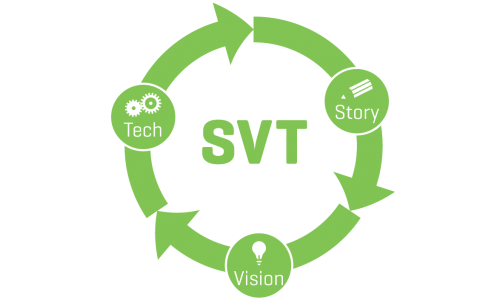You might know, I’m a huge fan of community calls. I LOVE taking regular, designated time to invite people to converse around a theme or a body of work. I find these calls priceless because actually talking to the people you are designing strategies, resources and experiences for is how you build the right strategies, resources and experiences.
I do my work better when people talk to me about their experiences. I feel like I can contribute more directly to solving other people’s challenges when I know what they are. Plus, the people who show up to community calls and participate are the engaged and the engaging, which helps me feel like what I do matters in the world.
Also community calls are FUN.
Yesterday I kicked off the Story Community Call at Greenpeace. To cover timezones, we held the “same” call twice, once in the early morning and once in the late afternoon. In the invitation, I wrote that
“People will be invited to bring what they’re working on or need help. We hope people bring story ideas with the aim of improving campaigns, actions and engagement. We see this as a fast, loose way to collaborate and innovate.”
In the call pad, I wrote
“This call is all about identifying issues and developing stories together as engaged storytellers working as activists. We will use this call to learn about specific collaborative projects and programs that members of our network are running. “
This was the first call though, so the first thing I did was ask participants in the call what they expected, needed, wanted. It’s important to remember that diverse, inclusive communities don’t form naturally, they form through intention. If you want a healthy, diverse community, people need to feel invited to use their diverse and unique voices.
As we chatted about what the new Story Community Call should be, a theme that threaded through both calls was making sure the new story of Greenpeace was not treated as a “comms device” or a cheesy PR ploy, but a real, living, breathing piece of our culture. We want people to approach the 7 Shifts, the set of stars we at Greenpeace are guiding ourselves by, as directions not just for campaigns and professional personas, but as guidelines for personal behaviors, values, attitudes. This means leadership development, personal development, professional development. I’ll be writing more about the “7 Shifts” themselves very soon…
When we developed a program about interactive storytelling, Storycamp, we said “Story always comes first,” over and over again. I think the phrase came from the two colleagues at Mozilla who developed the Story, Vision, Tech cyclical model.

This model, this phrasing, highlights how important story is. If we think of story as the “theory of change”, it’s easier to understand why story is such an important element. In our call, we will discuss both the successes and challenges in using a story as a theory of change. We want to figure out how we overcome challenges involving “story” and the stages different groups or campaigns might be at. We want to create practical resources and guidebooks, provide skill shares and trainings all in an effort to help people learn. We want to make sure strategists and activists across Greenpeace are aware of how powerful a good story is, and we want to help them create engaging stories that, when pulled together, show the impact we’re having on the whole wide world.
We’ll schedule a call for January. Please reach out and/or stay tuned if you want to get involved!